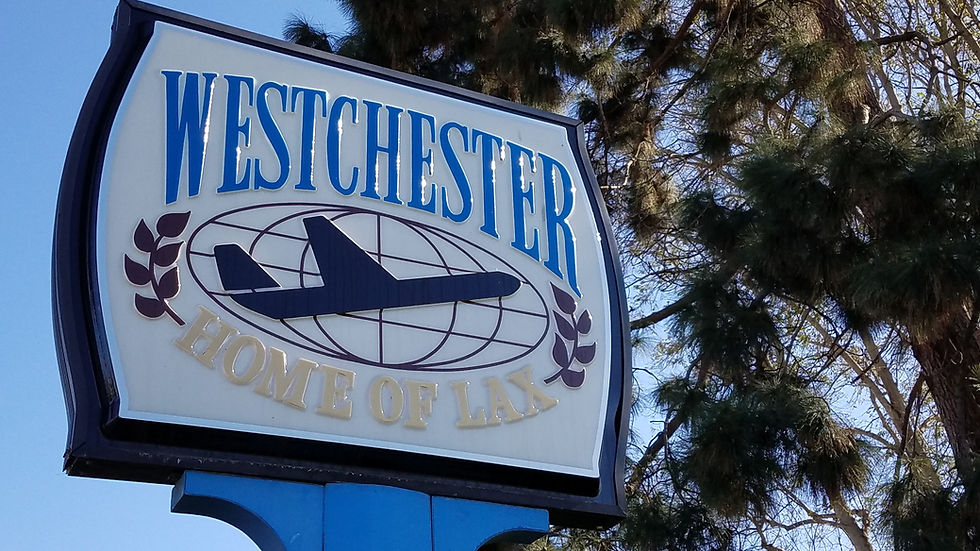Lakewood’s Water Quality. What’s in the Tap Water — A Clear Look
- Hague

- Oct 20, 2025
- 3 min read
Updated: Jan 26


Lakewood’s tap water is treated and tested regularly, and the city’s most recent water-quality reports show the system meets state and federal standards — while still carrying the kinds of minerals and trace contaminants common across Southern California.
Where Lakewood’s Water Comes From
Portions of Lakewood receive water from the City of Lakewood’s system; other parts are served by Golden State Water Company or regional suppliers depending on geography inside the city. That means Lakewood's water quality can change seasonally and by neighborhood. The city and district post annual Consumer Confidence / Water Quality Reports with source and treatment details.

What Tests Actually Measure (and what Lakewood’s Water Quality reports show)
Water utilities test for three broad categories:
Microbial contaminants:
bacteriological tests (e.g., coliforms) that indicate illness risk.
Chemical contaminants:
disinfectant byproducts (DBPs), metals (lead, copper), nitrates, and a long list of regulated/unregulated organic chemicals.
Physical/mineral parameters:
hardness (calcium & magnesium), pH, total dissolved solids (TDS), and turbidity.
Lakewood’s water quality was discussed in its most recent CCRs and annual reports state the system met all state and federal standards during the reporting period; they also list measured levels for regulated contaminants so you can compare with Maximum Contaminant Levels (MCLs). EWG’s Tap Water page pulls the public data into a user-friendly view so consumers can see which contaminants were detected and how those levels compare to EWG’s own health-based guidelines.
Take a look at our article Why Water Filtration is Important.

Common findings homeowners notice
Hard water:
Lakewood commonly has moderately to very hard water. Hardness causes scale on plumbing and appliances, reduces soap lather, and often motivates homeowners to install water softeners. (Hardness is a mineral — not removed by basic disinfection, it’s a treatment/conditioning issue.)
Disinfectant residuals and DBPs:
Utilities add chlorine or chloramines to keep water safe in the distribution system; these create byproducts (trihalomethanes, haloacetic acids) at low levels that are reported annually. Utilities monitor DBPs and typically keep them below regulatory limits, but some customers concerned about taste or long-term exposure choose carbon filtration.
Trace metals & lead:
Most modern systems deliver water with lead levels below action thresholds, but older service lines or homeowner plumbing (brass fittings, lead-solder) can raise local risk. That’s why utilities report lead and copper testing results and the EPA/Cal State guidance recommends testing in homes with older plumbing. If lead is a concern, point-of-use filters certified for lead removal are an effective immediate solution.
Practical advice for Lakewood homeowners
Get a water test in your home.
CCRs and EWG show system-wide results, but only a home test reveals what’s in your tap after service lines and plumbing. Ask for tests that include hardness, lead, nitrates, chlorine, and a DBP panel if you’re concerned about byproducts.
If you have hard water, consider a softener or salt-free scale control.
Properly sized systems protect appliances and plumbing; maintenance and correct regeneration settings are key. This also points to the importance of having one of our highly experienced technicians visit your home, test the water and give you a consultation on which system best fits your families needs.
If taste/odor or DBPs bother you, a certified activated-carbon filter at the kitchen tap is a cost-effective step.
For whole-house taste improvement, central carbon systems exist but must be sized and maintained correctly.
If your home is older, test for lead and replace suspect plumbing.
Point-of-use filters certified for NSF/ANSI 53 (lead) reduce risk immediately while you plan long-term plumbing fixes.
Stay informed.
Read Lakewood’s annual report and check the EWG Tap Water page for the latest test breakdowns. I’ll include direct links in the published post so readers can click and check for their address.
Concerned about what’s in your tap?
Contact Hague Quality Water for a no-cost in-home water analysis. We’ll run a basic test, show you the results, and recommend a treatment plan based on 30 years of hands-on experience in Southern California water treatment.
For more detailed information about Lakewood check out our:







Comments